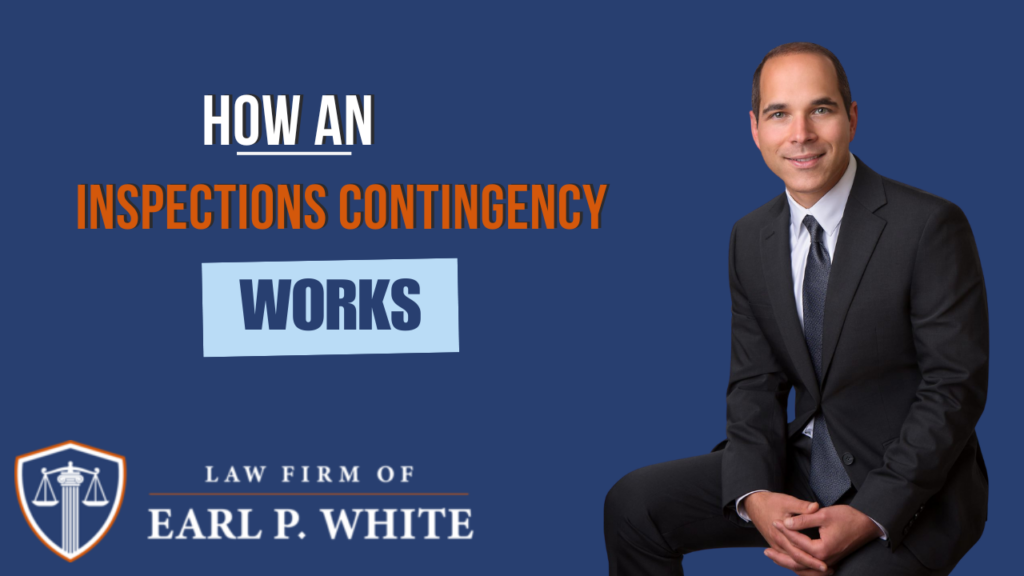Hello, I’m Earl White, an attorney specializing in real estate contracts. Today, I’m going to discuss a critical concept for both listing and buyer agents: escalation clauses. Understanding and utilizing escalation clauses effectively can significantly benefit your clients, whether you’re aiming to maximize sale proceeds for sellers or give your buyers a competitive edge in a bustling market.
Members of our free Real Estate Law Newsletter receive exclusive access to resources for landlords, investors, and other real estate professionals. Join today!
What is an Escalation Clause?
An escalation clause is an addendum or clause within a contract that allows a buyer to increase their offer price if the seller receives a competing offer that exceeds the initial offer. Here’s how it works in practice:
- Standard Offer Submission: The buyer prepares and submits a standard offer, including the purchase price, financing terms, appraisal handling, closing dates, and inspections.
- Inclusion of Escalation Clause: The offer includes an escalation clause, permitting the seller to leverage this offer against other competing offers.
- Competing Offer Scenario: If a competing offer with higher net sale proceeds is received, the escalation clause triggers, automatically increasing the buyer’s offer to outbid the new offer.
Why Use an Escalation Clause?
There are three primary reasons to use an escalation clause:
- Efficiency: In real estate, time kills deals. An escalation clause streamlines the negotiation process, saving time and reducing the back-and-forth between parties.
- Competitive Edge: For buyer agents, an escalation clause can improve the likelihood of your client’s offer being accepted by showing the seller your client’s commitment to increasing their offer if necessary.
- Maximize Sale Proceeds: For sellers, an escalation clause ensures you extract the maximum possible value from the sale by leveraging competing offers.
Key Components of an Escalation Clause
When drafting an escalation clause, it’s crucial to consider the following five key parts:
- Qualified Competing Offers: Ensure that any offer used to trigger the escalation clause is qualified, including a signed written offer, pre-approval, and proof of funds, focusing on net sale proceeds.
- Increment Size: Define the increment by which the offer will escalate. This prevents trivial increases and ensures meaningful competition.
- Maximum Sale Price: Set a cap to protect the buyer from overcommitting and ensure the deal remains affordable.
- Allocation of Increase: Specify whether the escalation applies to the purchase price only or both the purchase price and the mortgage amount. This can impact the buyer’s financing and overall affordability.
- Appraisal Contingency: Determine whether the appraisal contingency applies to the initial purchase price or the escalated price, as this can affect the buyer’s ability to renegotiate if the appraisal falls short.
Conclusion
Understanding and effectively utilizing escalation clauses can be a game-changer in competitive real estate markets. For a detailed copy of my personal escalation clause addendum, please click the link below. If you found this video helpful, don’t forget to like and share it.
Members of our free Real Estate Law Newsletter receive exclusive access to resources for landlords, investors, and other real estate professionals. Join today!
Stay ahead with our free newsletter: The Real Estate Law Newsletter – your source for real estate law news.
Essential updates and insights direct to you. Impress clients and colleagues with trending news. Sharpen expertise. Stay legally compliant. Access free legal forms. Don’t miss out – join today!



